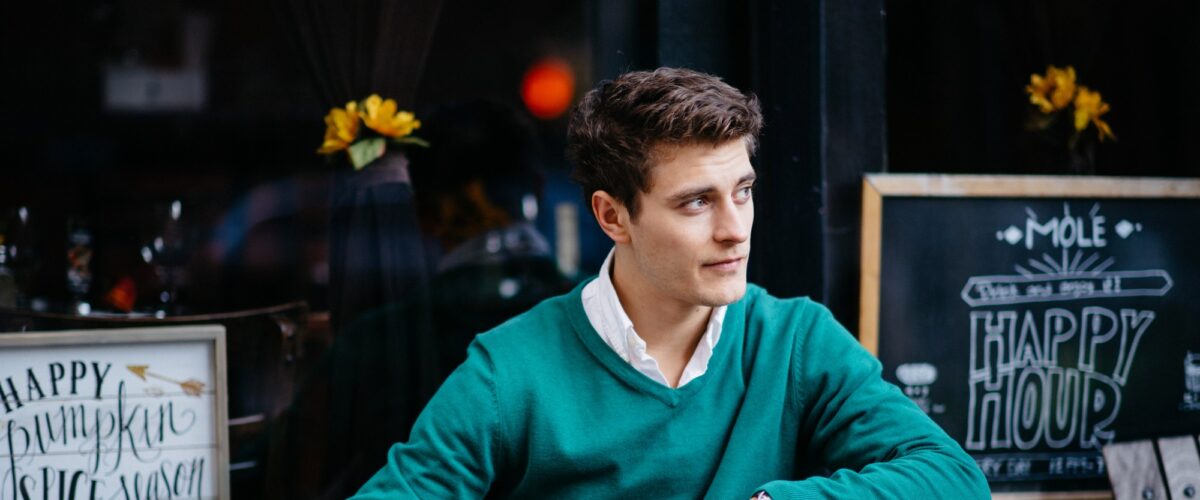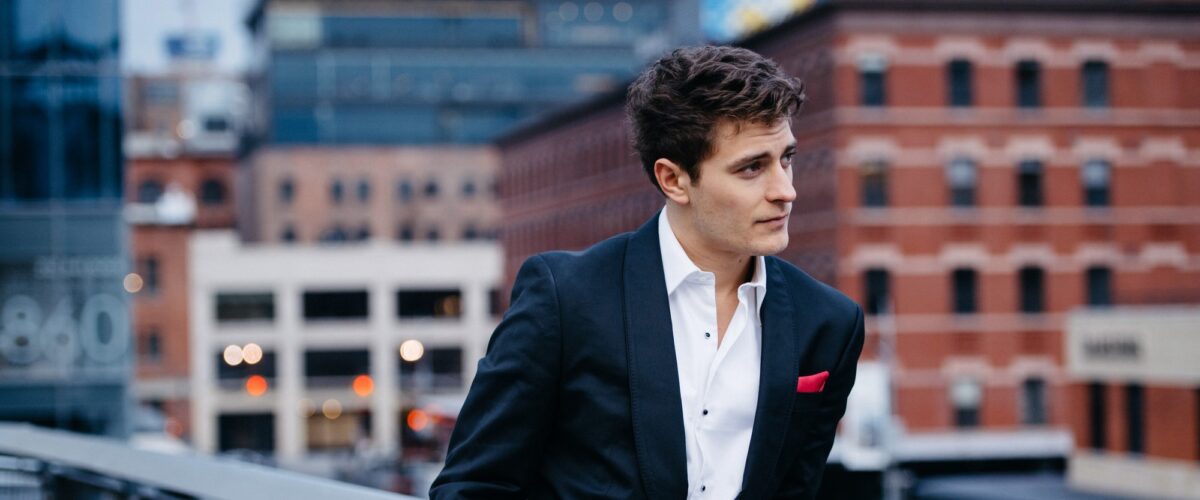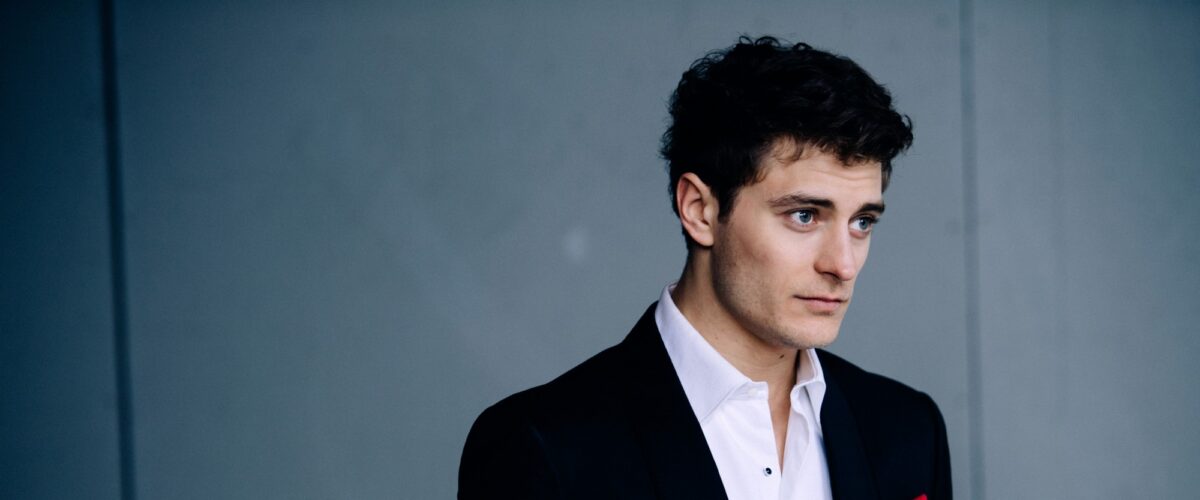TRANSCRIPT
Scofield: You are known as the break-dancing countertenor, that’s pretty interesting.
Orlinski: It is an interesting thing. I have always been like an active kid. So, I started with rollerblading, but I would do it in half pipes like, you know, skate parks in the same with skateboarding. I did some skateboarding, skiing, snowboarding, but with tricks like I would do those backflips and all that stuff. And then, when I was 18, I went with my friend to a breakdancing class. So, that’s how it started when I was like 18, 19. And then, I just loved it because this is something that really got me, because it’s about the music and freedom.
Because in break-dancing, nobody can tell you that something is right or wrong. Like there are some moves, and of course, there are some technical things that you can do to make it happen when you like, for example, spin on your head, or something like that. But in general, you listen to the music and your body is the reaction for that music, and you can do whatever you want. And it’s going to be nice, you have to create your own style. And I love that about breaking, and that’s why I still do it, more as a hobby or a lifestyle thing which helps me also in my singing career, but it really, really does help.
Scofield: That’s amazing! You know, I’m sure people are quite fascinated by that point. I have seen you break-dancing in one of your videos. I’ve got to say, you are a really impressive dancer, Jakub. But the amazing thing is really, I heard you say before as well and I was fascinated by this, that the breakdancing is not just a hobby, something you do for relaxation, it actually helps you to convey the message, to assist in your artistic expression of the Handel, and the other Baroque composers. Now, how does that work?
Orlinski: By that, I mean when I perform on stage, I usually start from the movement like how my character moves. So, then I can have a clear vision of the character itself, and then it leads to a lot of other information, so how the character would sing when that character is angry, and when it’s happy, and what sort of ornament that character would do. So, the movement gives me a lot of information that I can use or not use in my performance, and also when I’m troubled by some passage or scale or something, sometimes I just go to my practice room, like a dancing room, and I’m looking for sensations. So, I know that like in this move, when I’m doing it, I have this kind of really nice flow and sensation which I want to feel while I am singing this particular scale or long phrase. It’s more for imagination and for my own thing that I created in myself in my preparation process which really, really helps me to actually deal with all of those difficult things, because singing is not that easy.
Scofield: It is not, and moving is not that easy, either, for many singers. How they move on stage, getting around the stage, being able to express themselves in movement as well as vocally, that’s a real challenge for a lot of singers. You seem to have mastered this art.
Orlinski: I don’t know if I mastered it, but I just pay attention to a lot of little details, and I know that for example, when you have a new piece of music, it’s not like even if you are a great singer that you are taking it, and you sing it perfectly right away. You have to put it into your body, into your system, into your voice, like you have to really kind of work it in yourself. And the same is with movement. You have to just repeat it, repeat it, repeat it, and then it becomes much easier because your body remembers, so it’s the muscle memory. That’s how it works, and you just need a little bit more time.
Read more about Jakub Józef Orliński on their OFFICIAL WEBSITE.




